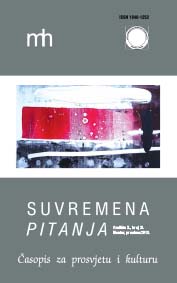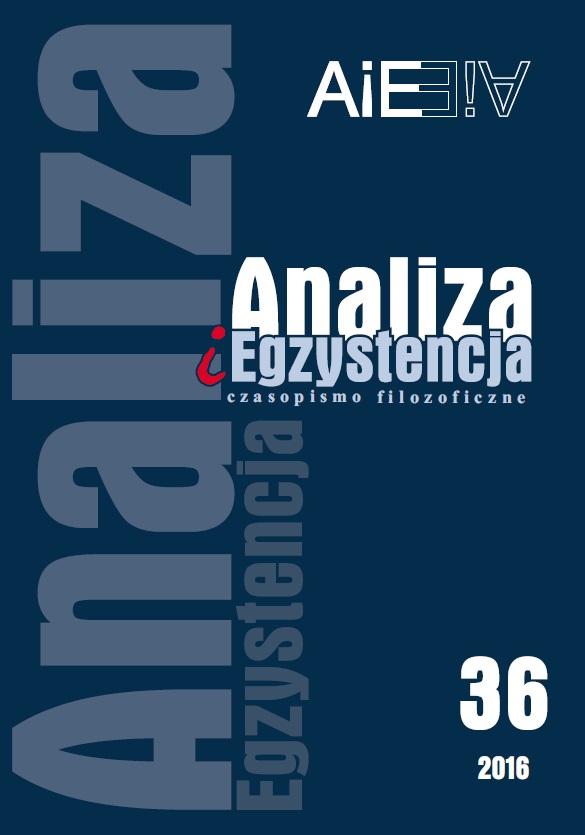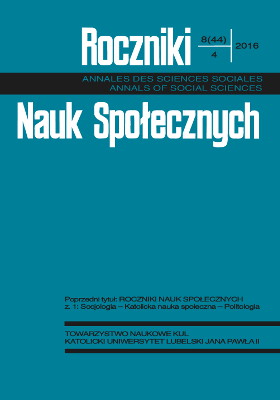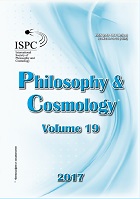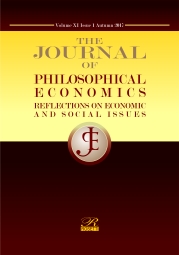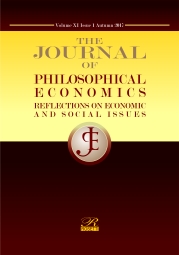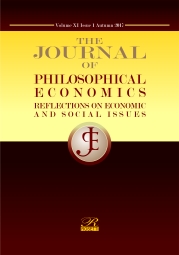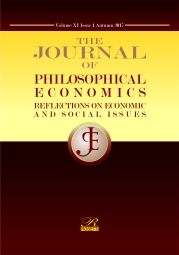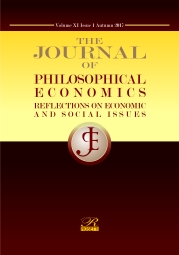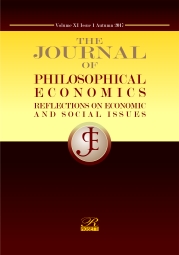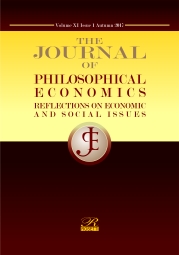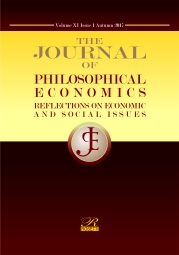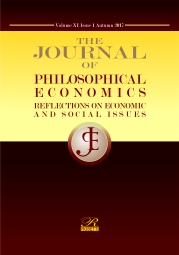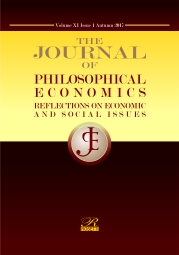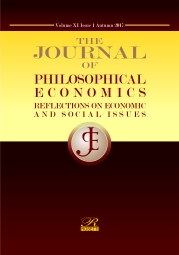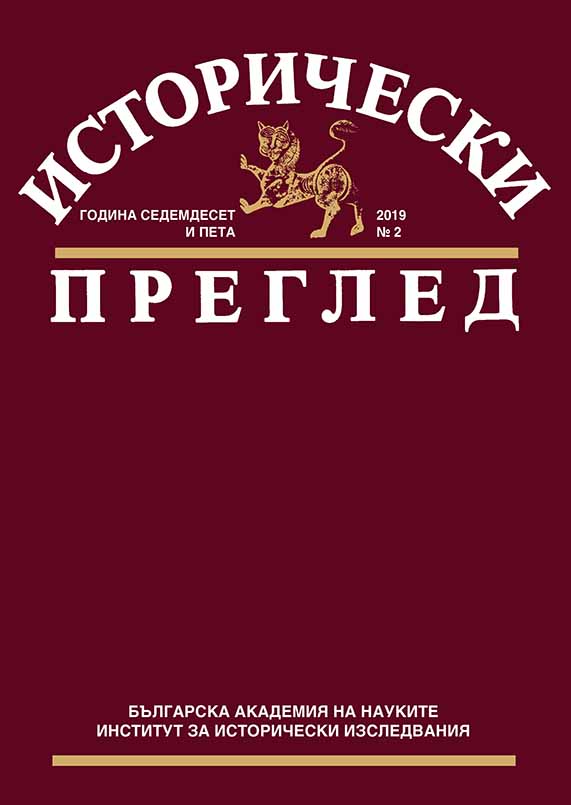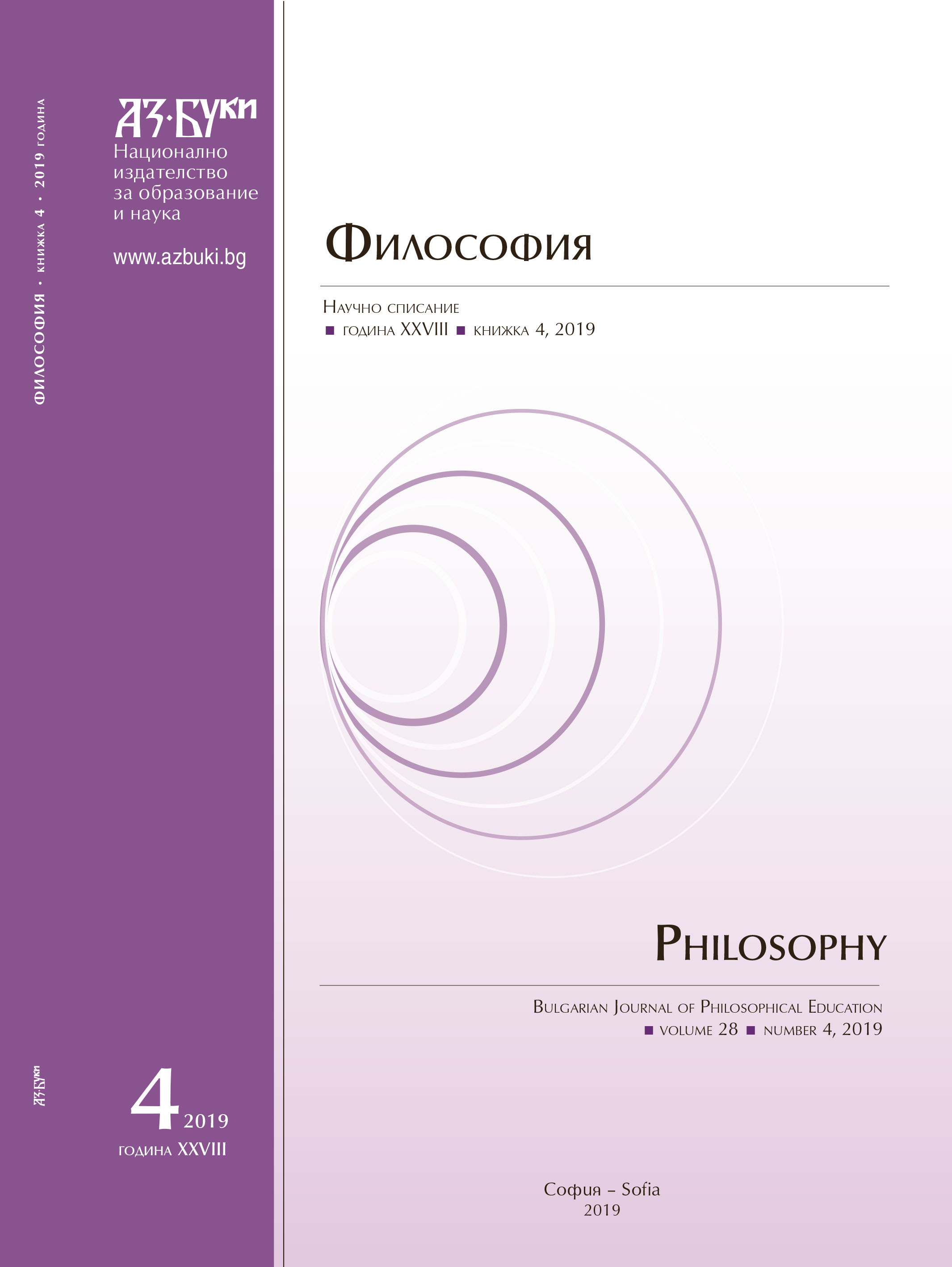Author(s): Alexander Panov / Language(s): English
Issue: 19/2017
The main objective of the present article is the methodological analysis of the structures of physical theories that could apply to the theory of quantum gravitation or the unified theory of all interactions (other terms are the “Final Theory” or “The Theory of Everything”, TOE). In the first step of this discussion, it is shown that, unlike widely believed, quantum theory, in principle, allows representation by local classical hidden variables. The possibility of such representation is proved by the possibility of an exhaustive simulation of quantum systems by means of a local and classical device — the computer equipment plays a role in the local classical hidden variables. Details regarding the realization of such a representation are discussed using the example of an actual computer program simulating a correlation experiment using Einstein-Podolsky-Rozen pairs. This example explicitly violates the theorems of impossibility for hidden classical variables in quantum theory.The fact that these theorems ignore the possibility for a situation, which, in this article, is characterized as the splitting of the layers of reality, is the reason that a possible violation of the theorem of impossibility for hidden variables exists. There are two such layers in the computer example — a reality layer where computer equipment exists, and a layer of simulated quantum reality. The analysis of this example results in a general idea about the layers of reality, which are the main subject of the subsequent discussion.The computer example plays a role of the existence theorem. It follows that, in principle, a fundamental local and classical structure may exist behind physical quantum reality. However, such a “local realism” leads to the idea that an immense “space container” exists for classical objects of such a layer of reality. The problem is overcome if the fundamental ontology is classical but nonlocal. Then, a space container for it is not required. It is shown that such a classical, but nonlocal, structure is very similar to a formal mathematical system. It leads to a thought that the ideal mathematical system can be a fundamental ontology of the TOE, or it is reminiscent of something beyond mathematics — a nonreducible pseudomathematical structure.In this regard, the analysis of the nature of mathematics is given. It is shown that mathematics is not only a result of the imagination of people, but that mathematical forms and all mathematics holistically exist objectively. Moreover, the statement about the objective existence of mathematical forms has an empirical status based on Popper’s criterion of falsifiability. It transfers a question of objectivity for mathematics from the field of philosophy to the field of empirical science. Then, a connection on the bases of mathematics and physics is established — namely, with the existence of the classical sector of quantum theory and with a causal structure of space-time. In this sense, the existing mathematics is not the only objective, but they also possess physics. That is, mathematics, in a sense, is a thing but it is not a thought, and this quality can be considered as an objective layer of reality that can be a substrate of the physical world.In the final part of this paper, several modern directions in the quantum gravity theory or TOE (string theory, loop quantum gravity, and causal sets) are considered regarding, as far as these theories are concerned, the formation of an abstract mathematical substratum. It is shown that the tendency to develop an of structure like an abstract mathematical substratum definitely exists. This means that a TOE can be not just a physical theory, but rather an abstract mathematical structure.
More...
